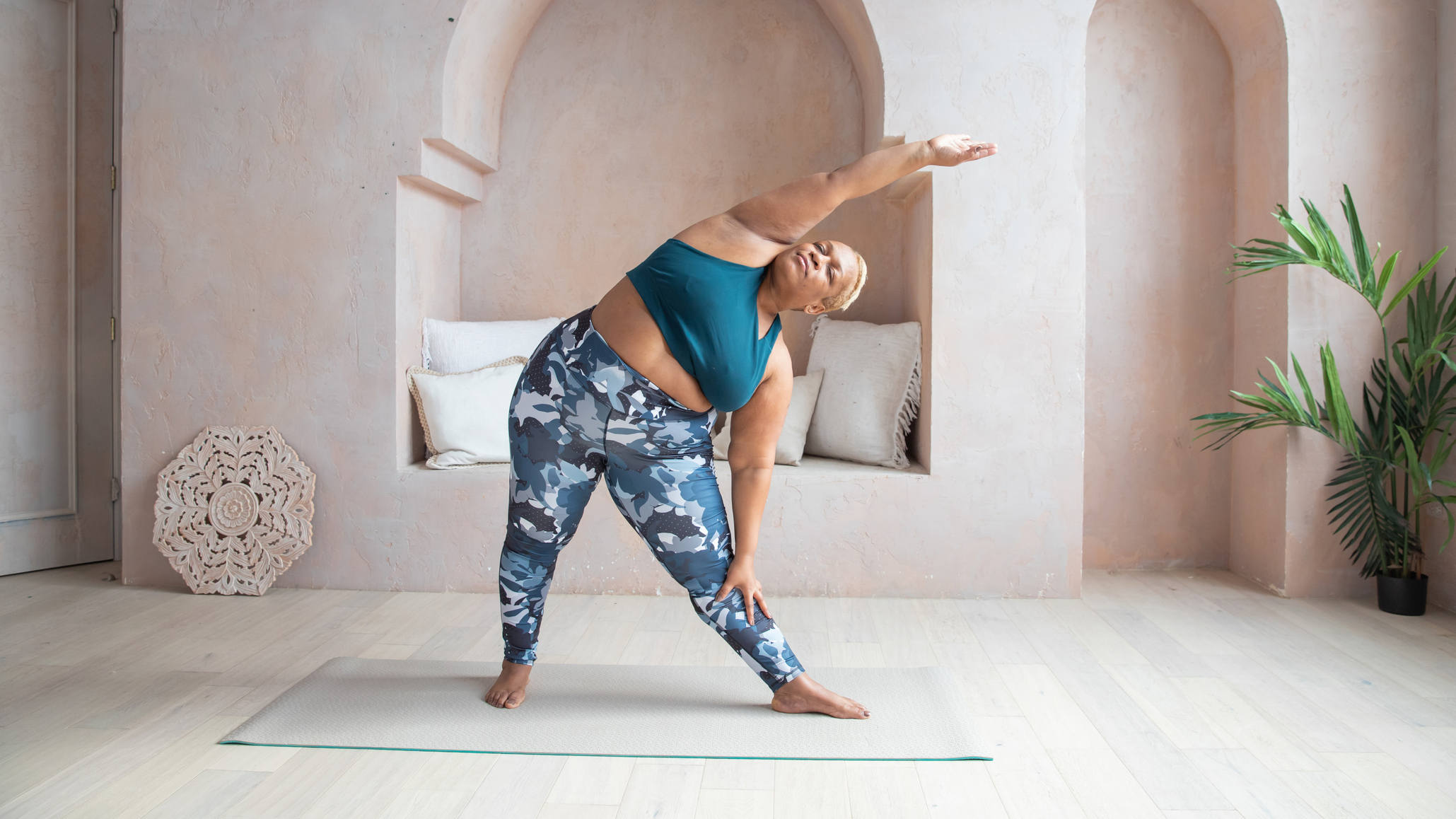Exercise: How to get motivated (and stay motivated)
Struggling to get started? Science says achieving goals and exercising in groups helps you stay motivated


Start your week with achievable workout ideas, health tips and wellbeing advice in your inbox.
You are now subscribed
Your newsletter sign-up was successful
When you first start exercising regularly, it can be tough to stick to a routine. Remain motivated and enthused to exercise is tough for anyone – especially people getting into fitness for the very first time. What's more, your inability to stick to it can lead to feelings of guilt, which creates a negative relationship between exercise and you.
This is the last thing we want to happen – we know exercise is good for us, but it's extremely hard to get started. Fortunately, science tells us it is possible to motivate ourselves to do exercise by making it fun, and turning it into something we want to do.
In an article for The Guardian, Daniel E. Lieberman, professor of human evolutionary biology at Harvard University, said: "Avoiding physical activity that is neither necessary nor rewarding is a fundamental, universal instinct among adults... Being told to 'Just Do It' by Nike, your doctor or your prime minister, isn’t always effective for several reasons, not the least of which is that exercise is a newfangled, odd activity that we must choose to do in spite of deep-seated counter-instincts."
As Professor Liberman says, avoiding exercise seems like a very normal thing to do, so the onus is on us to make it enjoyable.
One study published by researchers from the University of Lisbon found positive motivation like social engagement, challenges and skill development were clearly associated with greater exercise participation than negative motivation, like health worries.

Classes like yoga also foster motivation
This means that although exercise benefits our health, working to achieve a goal and socialising with others are much more powerful motivating factors than worrying about our waistlines. We can use this to our advantage: roping a few friends into a Saturday morning park run, for example, is a great way to get active.
Achieving a goal, such as completing a Couch to 5K challenge, is a powerful positive motivator, a great example of the challenges and skill development the study is talking about. Likewise, doing the challenge with friends includes that social engagement aspect highlighted above, making you more determined to complete your goal as a group.
Start your week with achievable workout ideas, health tips and wellbeing advice in your inbox.
If you don't have any like-minded friends to exercise with, consider joining a regular class to tick off that social engagement aspect. Running clubs, yoga and other (safe, socially distanced) fitness classes offer other opportunities to achieve goals – for example, holding a new yoga pose you couldn't do before).
If you're not comfortable attending classes yet, digital workout tools such as Zwift, Peloton and the upcoming Apple Fitness+ allow you to follow along with online group workouts. This is a great way to stay motivated to exercise, with goals to achieve and social engagement all from the comfort of your own home.
If you find yourself giving up often when exercising alone, safety in numbers is the science-backed solution to staying motivated.
Liked this? More from Wellness Week:
- 8 foods to lower cholesterol: easy, natural ways to a healthier heart
- Six foods to avoid with arthritis: is your diet adding to your pain?
Matt Evans is an experienced health and fitness journalist and is currently Fitness and Wellbeing Editor at TechRadar, covering all things exercise and nutrition on Fit&Well's tech-focused sister site. Matt originally discovered exercise through martial arts: he holds a black belt in Karate and remains a keen runner, gym-goer, and infrequent yogi. His top fitness tip? Stretch.

